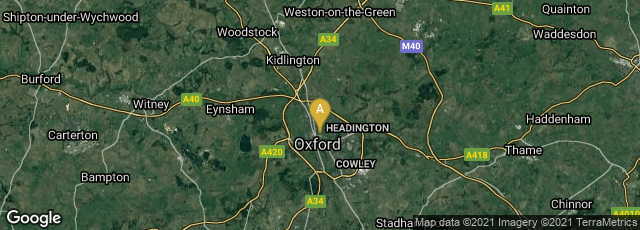"Billed as “the first historical thesaurus to be written for any of the world's languages,” the Historical Thesaurus of the Oxford English Dictionary (HTOED) already had a long history by the time it was published last year. It was first proposed back in 1965, but various circumstances—including additions and supplements to the second edition of the Oxford English Dictionary, on which it is based; a lack of funds; a system based on using paper slips; and a fire that nearly destroyed the archive in 1978—slowed things down. For scholars of the English language, it was worth the wait. The HTOED “looks at the range of meanings that a word has had over the ages, and documents all the words in general English use over a period of many hundreds of years.” Though based on the A–Z definitions in the Oxford English Dictionary (with additional material from A Thesaurus of Old English, 1995), it has a thematic arrangement. Three main themes— “The External World,” “The Mental World,” and “The Social World”—occupy the top level and are divided into 7 categories, which are in turn sliced into 26 categories, and so on. For example, “The External World” is divided into “The Earth,” “Life,” and “Physical Sensibility,” among other categories; and “Physical Sensibility” is further divided into categories such as “Taste/Flavour,” “Smell/Odor,” and “Sight.” There are more than 236,000 categories and subcategories, and a numbering system is used to identify categories and hierarchical levels. Individual entries may be arranged by part of speech; seeing/looking, for example (01.03.07.03), is treated separately as a noun, adjective, and adverb. Synonyms are presented in chronological order and include dating as well as conventions indicating provenance, alternate spellings, and more. It can be a challenge to puzzle out the thesaurus' structure, and readers will find themselves turning often to the introductory material with its detailed explanations, examples, and charts. Volume 2 comprises the index, an essential tool given the way the thesaurus is arranged—though it also takes fortitude (and a pair of reading glasses) to use, because category numbers rather than page and column numbers are used. This thesaurus is not for the faint of heart, but on the other hand, it's not intended to be a quick synonym finder. Rather, it is designed “to provide a detailed record of the English vocabulary from the earliest times to the present.” In addition to being a history of words used to express a meaning over time, it is also meant to be used as a thesaurus for any period in the past. Digging out meanings current in Chaucer's or Shakespeare's time would be difficult without the aid of an index by date, however, and it is to be hoped that this is one of the advantages users will find in the electronic version, which will be released along with the redesign of the Oxford English Dictionary Online later this year. --Mary Ellen Quinn

